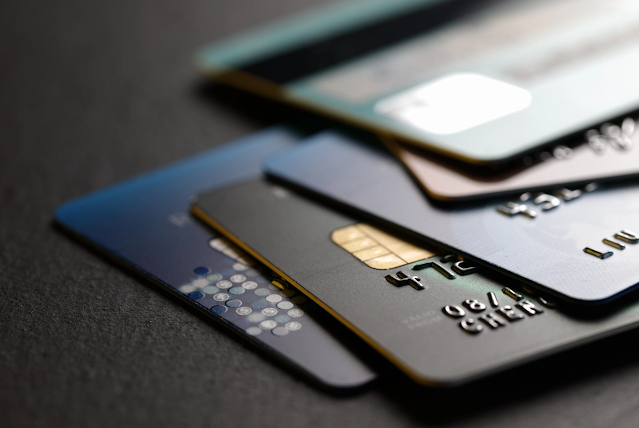Who is footing the bill of the generous credit card rewards?
Credit card rewards are a popular perks for consumers, offering generous signup bonuses, cash back, miles and other incentives for using a particular card. But have you ever wonder who is actually paying for these rewards? Before we answer that question, we need to know how credit card companies make money.
There are typically 3 main sources of revenue, including:
Interchange fees - fees that credit card companies charge merchants for accept credit card payments. These fees typical range from 1% to 3% of the transaction amount.
Interest charges - fees that that credit card companies charge cardholder who carry a balance on their credit cards. These charges are typically in the range of 25% to 30%.
Cash advance fees - fees on loans taken out against the credit limit of a credit card, which is typically 8% of the loan amount.
There are also other sources of revenue such as annual fees and penalty fees, but they contribute less to the credit card companies income. A portion of these fees is used to pay for the rewards offered to the cardholders. Essentially, the more you spend on your credit card, the more the credit card companies can afford to reward you.
This may seem like a win-win situation for everyone, but here's the ugly truth: The rich who can spend more enjoys the reward to the detriment of the poor and financially vulnerable.
Firstly, merchants that accept credit cards typically factor in the cost of interchange fees into their prices that everybody pays, not just the credit card holders. This means that people paying with cash or debit cards are indirectly paying for credit card interchange fees and fund the rewards for credit card users - who tend to be more well-off. In a US study by Schuh, Shy and Stavins (2010), the authors found that on average, a cash-using household pays US$149 to card-using households every year, and each card-using household receives US$1,133 from cash users every year.
Secondly, the temptation to spend money you don't have is a very alluring proposition for some. According to the OCBC financial wellness index report 2022, about 1/3 of credit card holders only pay the minimum sum and incur the exorbitant interest charges of 25-30%. This can lead to high levels of credit card debt and financial problems down the line.
Lastly, cash advance refers to obtaining cash by using your credit card, which usually involves an upfront fee and carries high interest rate. It's not surprising that lower-income individuals who have limited access to other forms of credit and struggle to pay for unexpected expenses are more likely to use this facility and bear the high fee and interest associated with it.
In conclusion, credit card rewards are enticing, but someone has to pay for it and unfortunately, the set up of credit card rewards disproportionately affect the lower income and financially vulnerable individuals.




Comments
Post a Comment